In a world that continually strives for unity amidst diversity, an unfortunate incident in Chattogram, Bangladesh, has sparked renewed discussions on the dangers of extremism. A young lawyer, Saiful Islam Alif, was tragically murdered, allegedly during a clash involving followers of a religious leader from the Sanatan Jagoron Jote, reportedly influenced by extremist ideology associated with certain factions of ISKCON.
The Incident: A Life Cut Short
Saiful Islam Alif, a lawyer and father, met a horrific fate on his way home from the courthouse. A clash erupted following the denial of bail for Chinmoy Krishna Das Brahmachari, a Sanatan Jagoron Jote spokesperson. His followers blocked the prison van and engaged in protests, escalating into violent clashes. Law enforcement’s efforts to restore order—including the use of tear gas and baton charges—further intensified the chaos. Tragically, this culminated in Alif’s murder, with 13 police personnel and several protesters injured.
The alleged connection of the attackers to an ideology linked to factions of ISKCON underlines the transnational nature of extremism. Originally rooted in spiritual teachings, the use of ISKCON’s platform by radical elements is deeply concerning. Their actions, misaligned with the core values of tolerance and peace, have resulted in a breach of communal trust and harmony.
As one observer aptly noted:
“When any group, irrespective of its origins, deviates into intolerance, it jeopardizes not just lives but the fabric of coexistence.”
Fact-Checking False Narratives Surrounding the Incident
The arrest of Chinmoy Krishna Das Brahmachari and the subsequent death of lawyer Saiful Islam Alif during protests have triggered a wave of misinformation on social media. Fact-checking organizations, such as Rumor Scanner, have identified multiple instances of fabricated content fueling the controversy.
Rumor Scanner reports that at least eight fake photo cards have circulated on social media, misusing logos of credible media outlets.
False information has reportedly been propagated through reputed international media outlets too, including Reuters, Voice of America, Arab News, and several news agencies hailing from India. This dissemination of misinformation highlights the far-reaching effects of these fabrications, extending beyond local platforms.
One prominent fake narrative falsely attributing Alif’s murder to his involvement as a lawyer for the arrested Hindu religious leader. Fact-checking organizations like Rumor Scanner debunked these claims, clarifying that Alif had no connection to the case. Such baseless narratives, however, exacerbate tensions, underscoring the need for vigilance against propaganda.
Social media claimed that Chinmoy confessed to conspiring against the state, making sensational allegations involving Sheikh Hasina. Fact-checking reveals these claims to be baseless.
Moreover, Indian politician Suvendu Adhikari shared an unrelated video to allege Hindu persecution in Bangladesh. The footage, verified by Rumor Scanner, depicted a clash between students in Dhaka, unrelated to the ISKCON controversy.
Some claims also circulated that, lawyer Saiful Islam Alif’s death has been wrongly linked to religious tensions, with unverified posts alleging Hindu casualties like attacking on Mandirs, etc. Authorities have confirmed no fatalities apart from Saiful Islam.
The murder of Saiful Islam Alif has exposed the complexity of tensions surrounding recent protests by the Sanatan Jagoron Jote. Allegations, counterclaims, and an ongoing investigation have added layers to an already distressing incident.
Spectators alleged that Alif was abducted from near his chamber and fatally assaulted during the chaos. Meanwhile, Swatantra Gauranga Das, a member of ISKCON’s Chattogram Probartak Temple management committee, denied any involvement.
A History of Controversy
ISKCON, a religious organization with roots in India, has faced increasing scrutiny in Bangladesh. While its global leadership has condemned violence and disassociated from the actions of certain members, questions linger. Recent events in Bangladesh have brought ISKCON (International Society for Krishna Consciousness) into sharp focus, particularly its association with the ongoing protests led by the Sanatan Jagoron Jote demanding security for minorities.
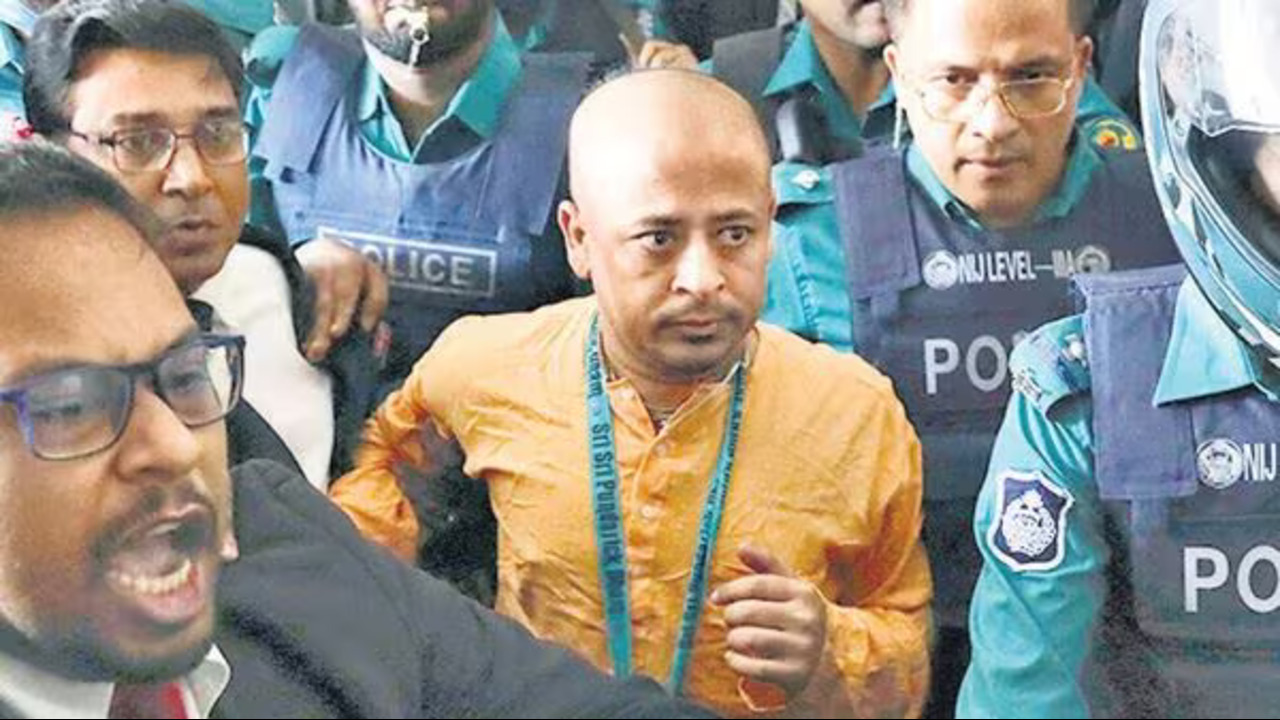
Chinmoy Krishna Das, the former ISKCON leader expelled for alleged misconduct, remains at the center of this storm. His recent activities—including a sedition case filed after a controversial public rally—further strained his standing. Despite his dismissal from ISKCON, he continues to influence followers as the head of Pundarik Dham.
“Expulsion on paper does not erase the influence of harmful rhetoric,” remarked an observer.
The ISKCON Global Platform, however, condemned his arrest, claiming the allegations are baseless and aimed at undermining their religious mission. The organization has publicly distanced itself from Chinmoy’s political rhetoric, stating, “His actions and statements are personal, and ISKCON does not endorse or assume responsibility for them.”
Journalists spoke to people in charge of various ISKCON temples and found out that despite being ‘expelled’, Mr. Das is still in charge of the ISKCON Pundarik Dham.
Meanwhile, internal sources reveal discomfort among ISKCON members over the mounting allegations linking the organization to violence and political unrest.
Chinmoy’s leadership of the Sanatan Jagoron Jote, a coalition advocating for minority rights, has drawn both support and criticism. Allegations that he sought to politicize religious movements have only deepened the divide.
A High-Stakes Legal and Moral Debate
The lawyer’s death prompted a Supreme Court petition to ban ISKCON in Bangladesh, citing its alleged role in destabilizing public order. This case has reignited debates on the fine line between freedom of expression and the responsibility to ensure social harmony.
Islamist groups argue that ISKCON has overstepped its religious mandate, with some accusing it of inciting communal tension. On Wednesday November 27, 2024, , a Supreme Court lawyer filed a petition seeking an official ban on ISKCON. The High Court has asked the government to report on its actions to address the unrest and assess the feasibility of banning ISKCON.
As one legal expert stated:
“We must balance the right to religious expression with the necessity of curbing ideologies that incite violence or discord.”
Political and Religious Tensions
Advisors to the interim government have claimed that both domestic and international forces are influencing the Sanatan Jagoron Jote’s activities. Nahid Islam, an interim government advisor, alleged that
“Chinmoy Krishna Das was planning to destabilize the country by giving the movement a political turn.”
However, supporters of Chinmoy and the Sanatan Jagoron Jote argue that he has been targeted due to internal politics and religious biases.
Over the past three months, protests led by the Sanatan Jagoron Jote have spanned Chattogram and Rangpur, among other areas. These protests, while ostensibly peaceful, have occasionally turned violent, fueling debates about ISKCON’s role in the minority rights movement and its broader implications for Bangladesh’s communal harmony.

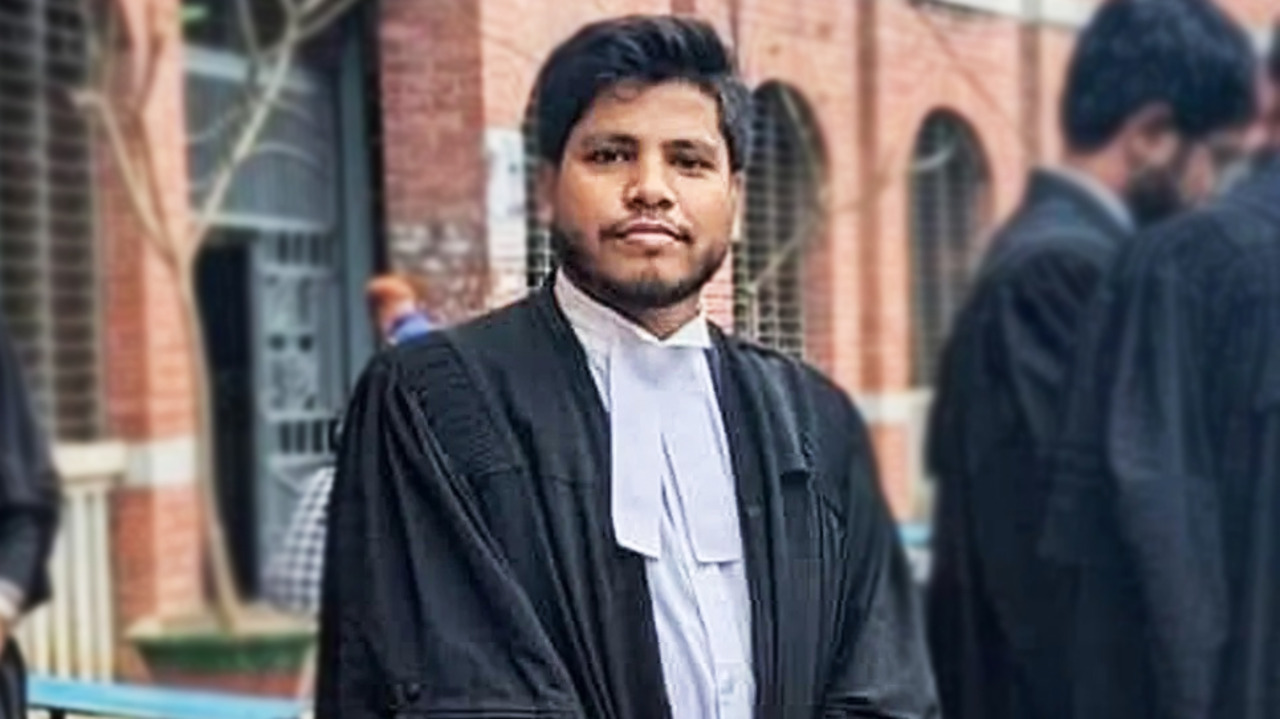
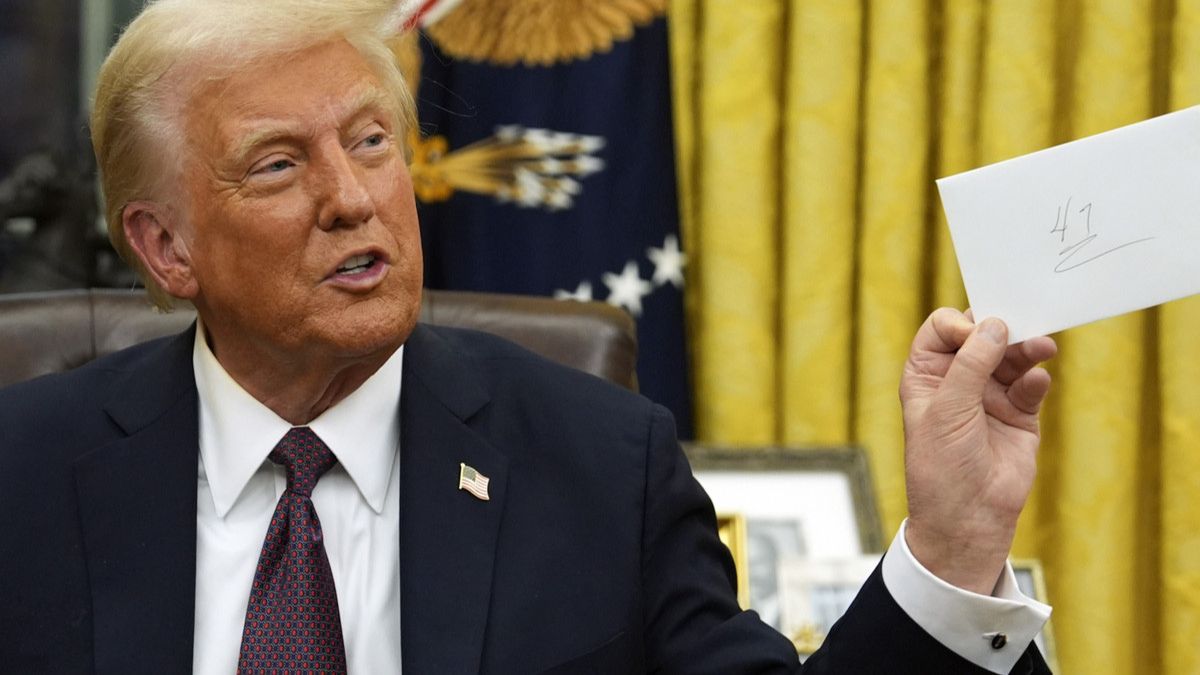
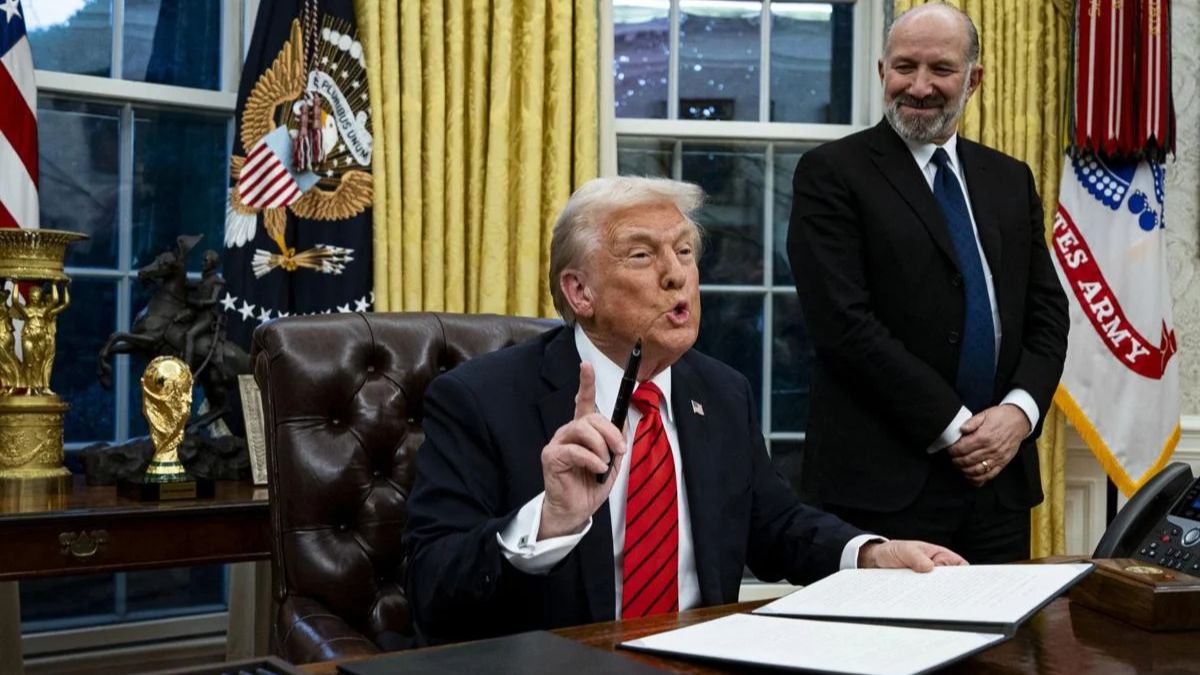
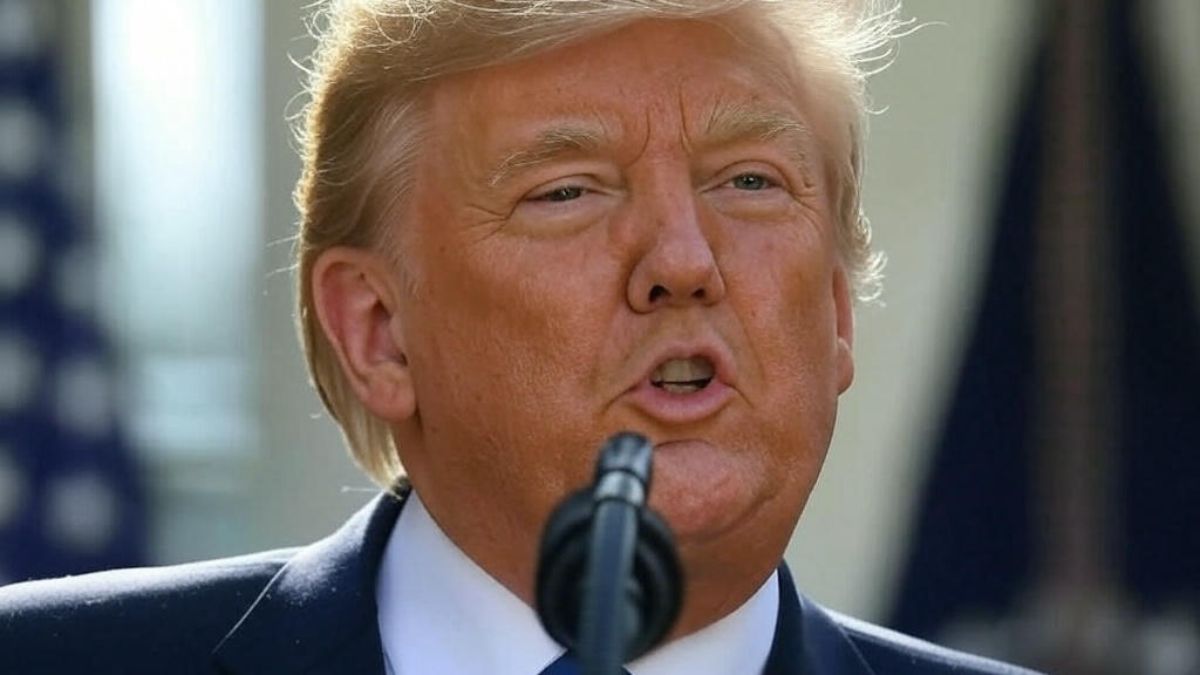
Marvelous writing